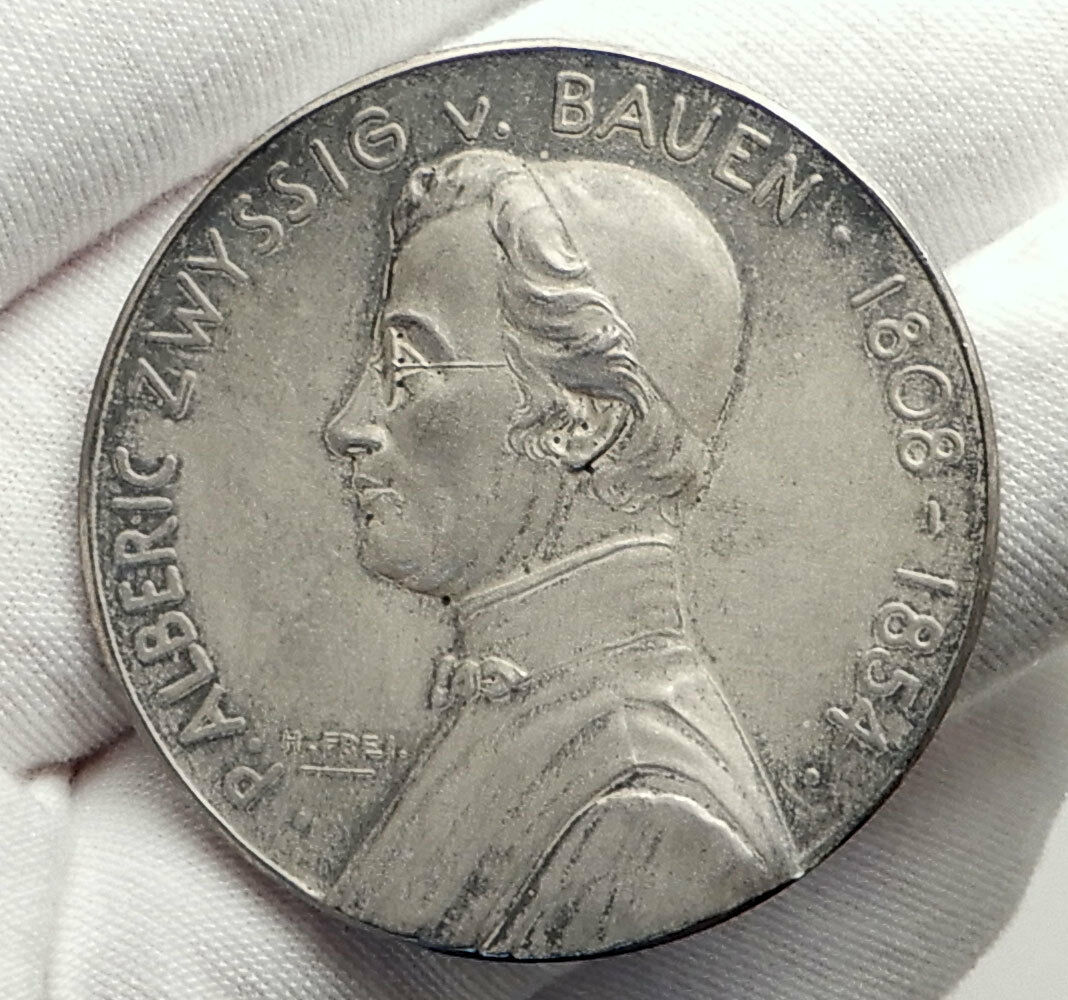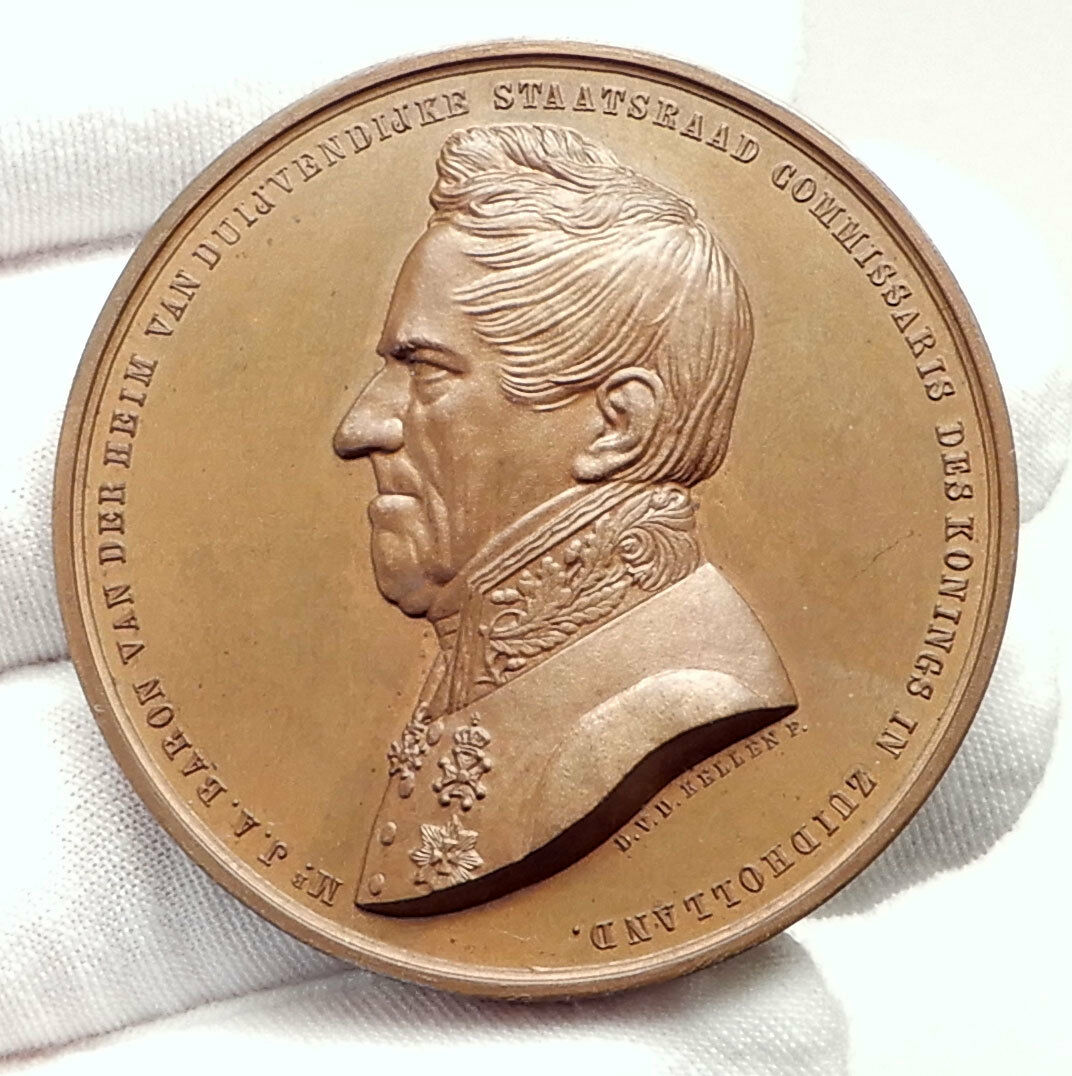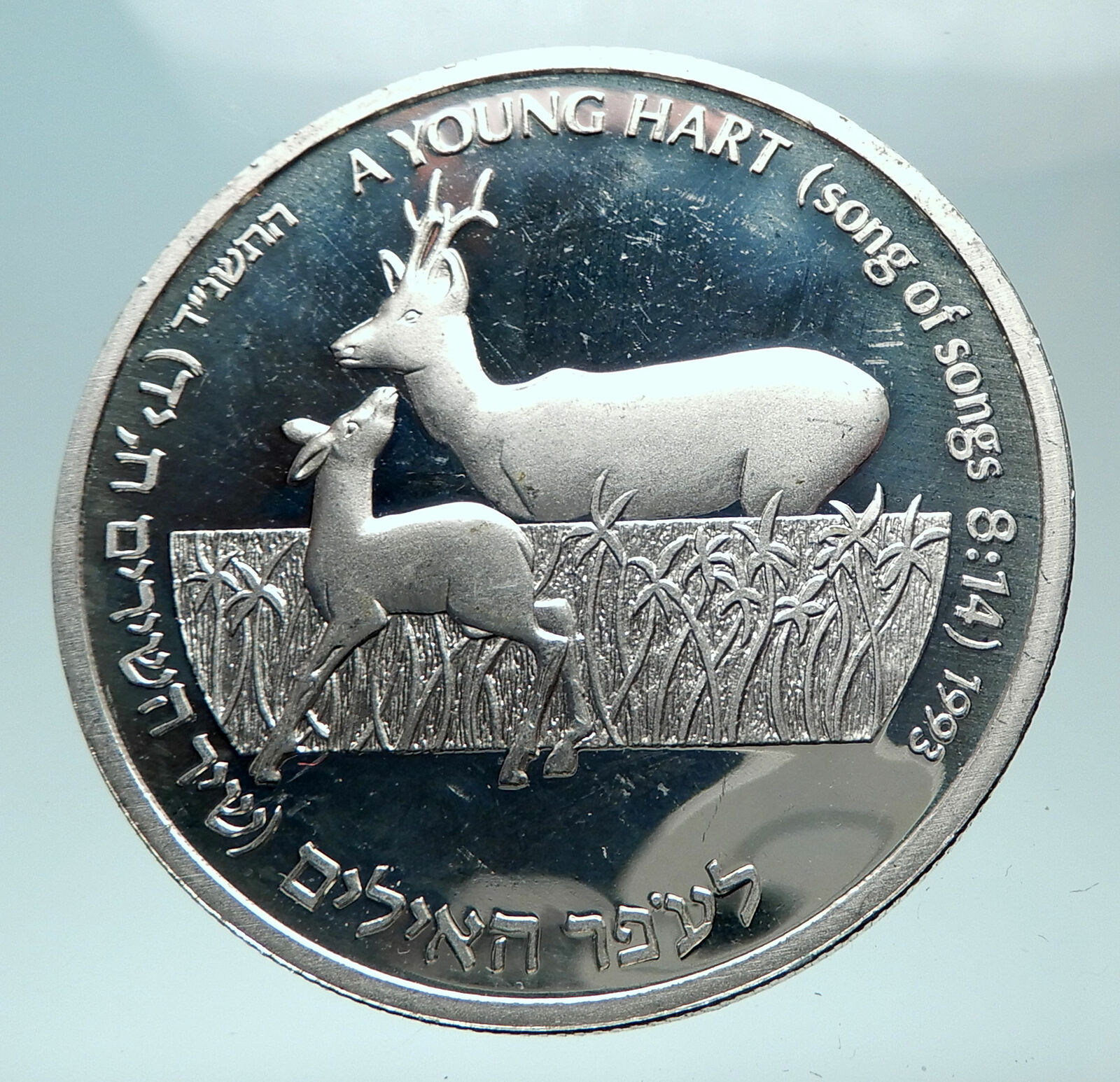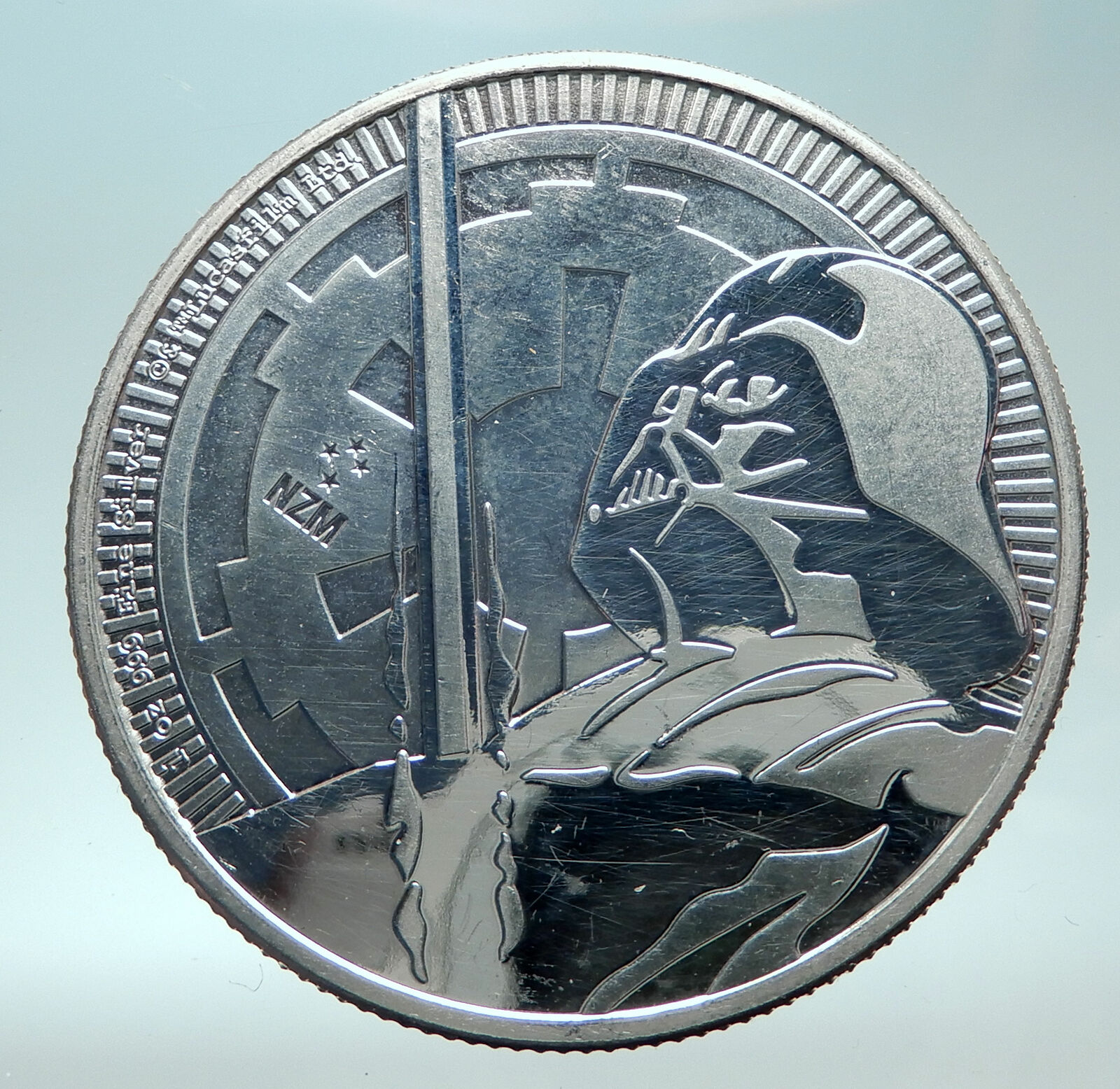|
United States of America – Gate International Exposition Medal
1940 Token Medal 35mm (13.49 grams)
Reference: HK# 483
19 40 THE STORY OF PETROLEUM * GOLDEN GATE INTERNATIONAL EXPOSITION, Oil drill.
A DOLLAR SPENT FOR PETROLEUM PRODUCTS NEVER STOPS CIRCULATING IT PAYS FOR WAGES, TAXES, MATERIALS AND BRINGS COUNTLESS BENEFITS TO EVERY BUSINESS, Text in six lines.
You are bidding on the exact item pictured, provided with a Certificate of Authenticity and Lifetime Guarantee of Authenticity.
.jpg/220px-Golden_Gate_International_Exposition_(map).jpg) The Golden Gate International Exposition (GGIE) (1939 and 1940), held at San Francisco’s Treasure Island, was a World’s Fair celebrating, among other things, the city’s two newly built bridges. The San Francisco-Oakland Bay Bridge opened in 1936 and the Golden Gate Bridge in 1937. The exposition opened from February 18, 1939, through October 29, 1939, and from May 25, 1940, through September 29, 1940. The Golden Gate International Exposition (GGIE) (1939 and 1940), held at San Francisco’s Treasure Island, was a World’s Fair celebrating, among other things, the city’s two newly built bridges. The San Francisco-Oakland Bay Bridge opened in 1936 and the Golden Gate Bridge in 1937. The exposition opened from February 18, 1939, through October 29, 1939, and from May 25, 1940, through September 29, 1940.
The idea to hold a World’s Fair to commemorate the completion of the Bay Bridge and Golden Gate Bridge started from a letter to The San Francisco News in February 1933. Architects W.P. Day and George Kelham were assigned to consider the merits of potential sites around the city, including Golden Gate Park, China Basin, Candle Stick Point, and Lake Merced. By 1934, the choice of sites had been narrowed to the areas adjoining the two bridges: either “an island built up from shallow water” north of Yerba Buena Island which would go on to be named Treasure Island, or the Presidio, which had previously been used in 1915 for the Panama-Pacific International Exposition. Yerba Buena Shoals was chosen as the site in February 1935. In August 1935, a $10 million proposal using federal WPA funds for construction work was advanced, and in October of that year, Leland W. Culter, president of San Francisco Bay Exposition, Inc., announced that President Roosevelt had approved US$3,000,000 (equivalent to $55,940,000 in 2019) to help fund the cost of reclaiming land at Yerba Buena Shoals.
 San Francisco Bay Exposition was incorporated on July 24, 1934. San Francisco Bay Exposition was incorporated on July 24, 1934.
Initial schedules called for the fair to open on February 18, 1939, and to close on December 2, 1939, hosting a projected attendance of 20,000,000 people. Construction would employ 3,000, and running the fair would require a workforce of 10,000.
Treasure Island
Treasure Island, a flat, geometrically-shaped, artificial island attached to Yerba Buena Island, was built for the Exposition near where the Oakland span and the San Francisco span of the Bay Bridge join. The dredging of Treasure Island started on February 11, 1936. 19,000,000 cu yd (15,000,000 m3) of fill were required for the 385-acre (156 ha) site. Initial schedules called for the completion of dredging by the end of 1936.
Built by the federal government, Treasure Island was intended to serve as the municipal airport for San Francisco, an idea which had first been advanced in 1931. Air service would have included Pan American’s transpacific flying boats, like the China Clipper. Due to wartime needs, it was taken over by the US Navy as Naval Station Treasure Island from 1941 to 1997.
The fair closed on October 29, 1939, and efforts to reopen the fair in 1940 were initially abandoned in December 1939.
|





.jpg/220px-Golden_Gate_International_Exposition_(map).jpg) The Golden Gate International Exposition (GGIE) (1939 and 1940), held at San Francisco’s Treasure Island, was a World’s Fair celebrating, among other things, the city’s two newly built bridges. The San Francisco-Oakland Bay Bridge opened in 1936 and the Golden Gate Bridge in 1937. The exposition opened from February 18, 1939, through October 29, 1939, and from May 25, 1940, through September 29, 1940.
The Golden Gate International Exposition (GGIE) (1939 and 1940), held at San Francisco’s Treasure Island, was a World’s Fair celebrating, among other things, the city’s two newly built bridges. The San Francisco-Oakland Bay Bridge opened in 1936 and the Golden Gate Bridge in 1937. The exposition opened from February 18, 1939, through October 29, 1939, and from May 25, 1940, through September 29, 1940.  San Francisco Bay Exposition was incorporated on July 24, 1934.
San Francisco Bay Exposition was incorporated on July 24, 1934. 




